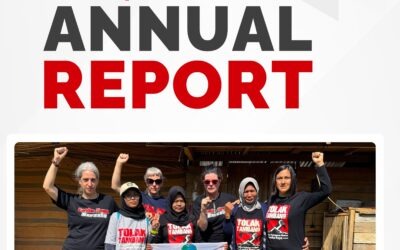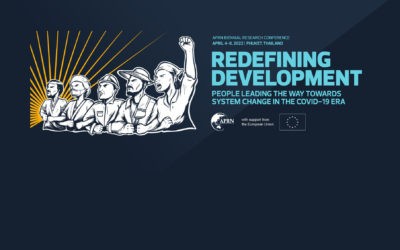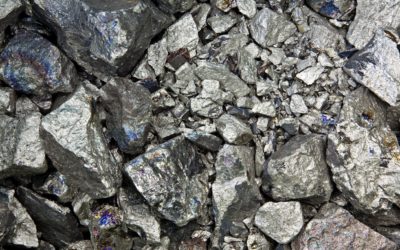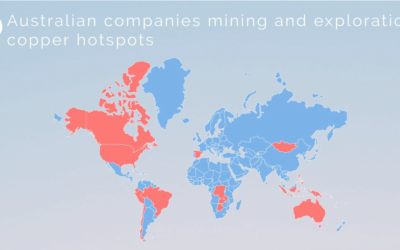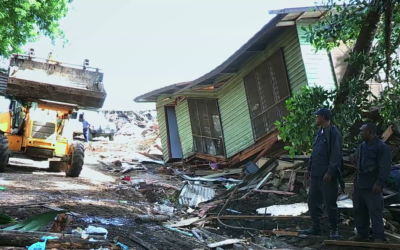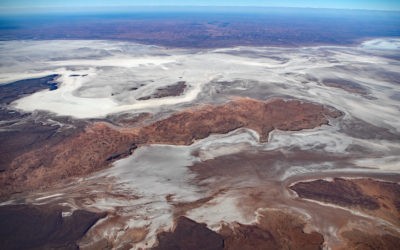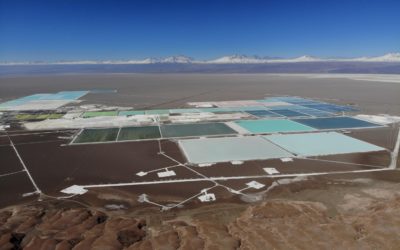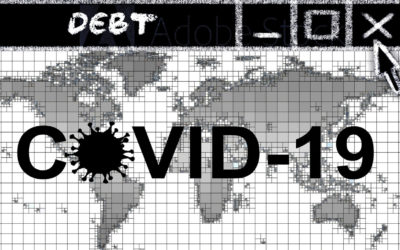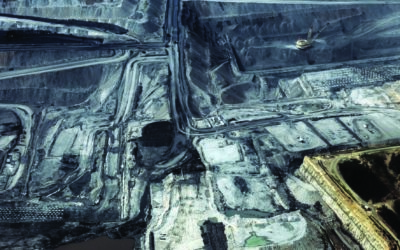RESOURCES
Aid/Watch campaigning and advocacy work is grounded in experience. Our research is thorough and constructive. We believe in building alternative futures, founded on experience and on community-level capacity.
Since 1992 AID/WATCH has critically monitored the aid and trade activities of the Australia government. We have monitored how they link to multilateral institutions, corporations, international financial institutions and NGO’s, as well as responding and engaging publicly to policy developments.
Over the years we have conducted detailed investigative research into programs which further the Australian national interests at the expense of the rights of people and the environment.
Over the past few years, we have moved beyond the ‘aid lens’ to address pressing problems of growing inequality, land grabbing, climate injustices. We are currently undertaking targeted, strategic and collaborative research with communities in resisting development aggression and seeking justice.
ANNUAL REPORTS
REPORTS & PAPERS
HAUS BAGARAP, HEVI KAMAP: 'Homes Destroyed, Livelihoods Lost'
A joint research report by Aid/Watch, Jubilee Australia and the Paga Hill community on the aftermath of community evictions and displacement at Paga Hill in Port Moresby, Papua New Guinea (2021)
ODA, the Military, and Escalating Dynamics of Containment
ODA, the Military, and Escalating Dynamics of Containment: Aspects of the Recent Australian Experience in the Pacific
This paper looks at the creeping militarization of the aid agenda in Australia. Aid has long been closely associated with Australian military interventions overseas, from Afghanistan to East Timor, from the Solomon Islands to the Philippines. With the closure of AusAID, Australian aid has become more closely integrated with Australian diplomatic and strategic priorities, including its military priorities. (2021)
A PACIFIC COMPACT
In this chapter of Reality of Aid 2020/21 Report, Aid/Watch Australia‘s Mara Bonacci contextualizes the proposed “Grand Compact for the Pacific” among the four existing compacts in the Pacific between Northern countries and Pacific Island states and asserts that a compact agreement focused on Pacific Island nations must come from the perspective of social, environmental and gender justice and break away from the extractive industries, development aggression and colonial practices currently impacting the region. (2021)
GRAUN NA GUTPELA SINDAUN LONG PAPUA NUIGINI
AidWatch’s new publication GRAUN NA GUTPELA SINDAUN LONG PAPUA NUIGINI is a shortened and adapted version of Australian academic Tim Anderson’s Land & Livelihoods in Papua New Guinea book. Translated in Tok Pisin for Papua New Guinean communities the booklet will be distributed and disseminated by PNG partner organisation, Bismarck Ramu Group to local PNG communities who are fighting developments and destruction of their ways of life, livelihoods, local economies, lands, and food sovereignty. (2017)
Australia’s Foreign Policy
Since the 2003 White Paper, Advancing the National Interest, Australia has routinely undermined global norms. We have been at the forefront of breaking global commitments on military intervention, on the climate crisis and on development, to name just three. This article discusses the Government’s proposed new direction on foreign policy. (2017)
Inside the Aid/Watch case
This article explores the interaction between legal and political strategy in producing social change. It centres on a long-running dispute in Australia over whether charities can have a dominant political purpose. (2011)
People and Land in Papua New Guinea
An issues paper by Steven Sukot of the Bismark Ramu Group, an extract from his presentation at the PNG NGO AusAID’s Pacific Land Conference in Port Vila, Vanuatu (2008)
Aid in East Timor
An overview of Australian Aid activities in East Timor. (2006)
BRIEFINGS & FACT SHEETS
Challenging Power, Building Solidarity: AidWatch Annual Report
Aid/Watch 2024–25 Annual Report: Challenging Australia’s aid and foreign policy, exposing the links between militarisation, extractivism and unjust development, and standing in solidarity
ODA, the Military, and Escalating Dynamics of Containment
There is a creeping militarization of the aid agenda in Australia. Aid has long been closely associated with Australian military interventions, from Afghanistan to East Timor, from the Solomon Islands to the Philippines. With the closure of AusAID in 2013, Australian Aid now favours national interest and private finance over the need for real aid. It has become more closely integrated with Australian diplomatic, strategic and military priorities especially as Australia’s Pacific sphere of influence comes under increased challenges.
Asia Pacific Research Network (APRN) Biennial Conference
From 4-8 April 2002, Aid/Watch Coordinator, Nat Lowrey participated in the Asia Pacific Research Network (APRN) Biennial Conference: Redefining Development: People Leading the Way Towards System Change in the COVID-19 Era.
NICKEL COMMUNIQUÉ: From the ‘Devil’s Metal’ to the ‘Holy Grail’ of Clean Transport
Nickel is rapidly emerging as a ‘critical’ metal for the shift toward electric vehicles (EVs) and battery energy storage.
COPPER COMMUNIQUÉ: In the race to net zero, ‘Copper is the new oil’ – but at what cost?
Copper, according to Goldman Sachs, ‘is the new oil’ deemed most important for decarbonisation. Demand for the metal, used in large quantities in wind, solar, electric vehicles and energy infrastructure, is set to increase by 600% by 2030. Wealthy nations and companies associated with copper related products are by proportion the highest consumers of the metal, and so are generating most of the demand.
Community Struggling To Access Water And Basic Needs Years After Eviction
New research has found that a community in Port Moresby who were forcibly evicted and their homes demolished without compensation at the behest of a company with significant Australian ties, are still struggling to access basic needs and rights, even years after their eviction.
LITHIUM COMMUNIQUÉ: Is Australian Lithium the answer to Zero Emissions?
Australia is the world’s largest producer and exporter of lithium, supplying 54.4 percent of the total market in 2019. 95% of Australia’s ore based raw material is exported to China – already contributing to the ‘clean tech’ battery transition.
Is Australian Lithium the answer to Zero Emissions?
Australian groups have joined a global network of communities directly impacted by lithium mining, who are warning against drastically expanding mining in the name of ‘Green Energy’.
MEDIA RELEASE: Cancel debt to tackle corona virus, say Australian CSOs
AID/WATCH has joined with Australian civil society organisations (CSOs) on a statement calling for the Australian Government to support the cancellation of external debt payments in 2020 for Low Income Countries (LICs) to help them fight the coronavirus.
Stop The Expansion of Extractive Projects
AID/WATCH recently participated in the ASEAN Civil Society Conference/ASEAN Peoples Forum (ACSC/APF) held in Bangkok with the Asia Pacific Gathering on Human Rights and Extractives and the Asia Pacific Research Network (APRN). The following statement from Asia Pacific Gathering on Human Rights and Extractives during the ACSC/APF was endorsed by AID/WATCH.








